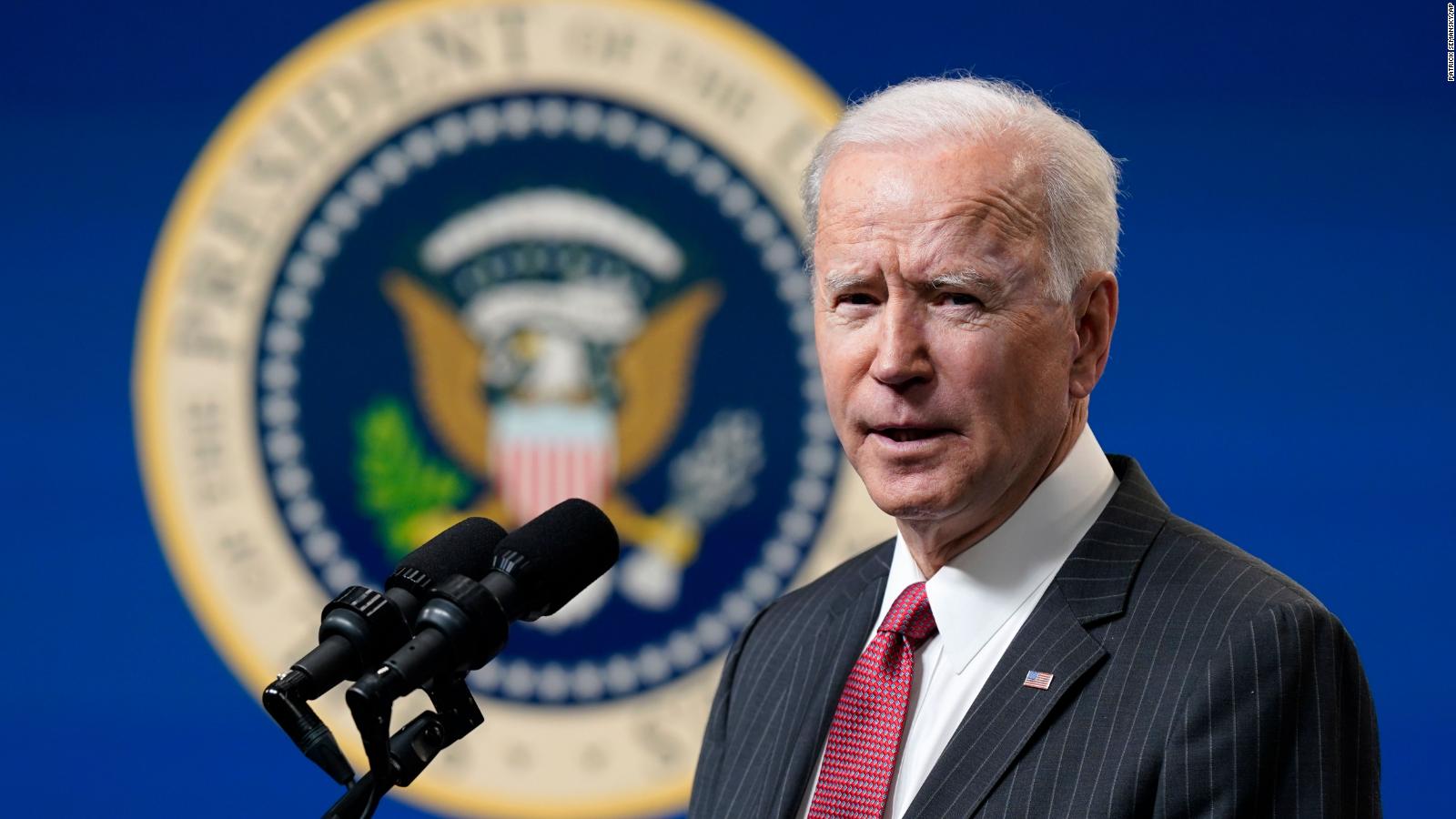Biden’s Stance on Domestic Issues: Biden Interview

Biden has been a vocal advocate for healthcare reform throughout his career. He believes that healthcare is a right, not a privilege, and that all Americans should have access to quality, affordable healthcare. Biden’s healthcare plan includes expanding coverage to millions of uninsured Americans, lowering prescription drug costs, and investing in mental health and addiction treatment.
Biden’s plan to address economic inequality and poverty includes raising the minimum wage, expanding access to affordable housing, and investing in education and workforce development. Biden believes that all Americans should have a fair shot at success, and that we need to do more to help those who are struggling.
Biden’s proposed policies for education and workforce development include making college more affordable, expanding access to early childhood education, and investing in job training programs. Biden believes that education is the key to economic opportunity, and that we need to do more to help Americans get the skills they need to succeed in the 21st-century economy.
Biden’s Healthcare Plan
Biden’s healthcare plan includes the following key components:
- Expanding coverage to millions of uninsured Americans through a public option.
- Lowering prescription drug costs by allowing Medicare to negotiate drug prices.
- Investing in mental health and addiction treatment.
- Protecting and strengthening the Affordable Care Act.
Biden’s Plan to Address Economic Inequality and Poverty
Biden’s plan to address economic inequality and poverty includes the following key components:
- Raising the minimum wage to $15 per hour.
- Expanding access to affordable housing.
- Investing in education and workforce development.
- Providing tax relief to low- and middle-income families.
Biden’s Proposed Policies for Education and Workforce Development
Biden’s proposed policies for education and workforce development include the following key components:
- Making college more affordable by expanding Pell Grants and increasing funding for public colleges and universities.
- Expanding access to early childhood education by providing universal pre-kindergarten.
- Investing in job training programs to help Americans get the skills they need to succeed in the 21st-century economy.
- Creating a national apprenticeship program to help businesses train workers in high-demand fields.
Biden’s Foreign Policy Agenda

Biden’s foreign policy agenda emphasizes restoring America’s global leadership, re-engaging with international organizations, and addressing global challenges through diplomacy and cooperation. He believes in strengthening alliances, promoting democracy, and upholding human rights.
Re-engaging with Global Organizations
Biden plans to rejoin the Paris Agreement on climate change, the World Health Organization, and the Iran nuclear deal. He also aims to revitalize the United Nations and other multilateral institutions to address global issues such as climate change, nuclear proliferation, and terrorism.
Restoring Alliances
Biden seeks to rebuild relationships with traditional allies in Europe and Asia that were strained under the previous administration. He believes in strengthening NATO and working with allies to counter threats from Russia, China, and other adversaries.
Key Foreign Policy Issues
Biden’s foreign policy agenda addresses key issues such as:
– Climate Change: Biden believes climate change is an existential threat and has pledged to rejoin the Paris Agreement and set ambitious goals for reducing greenhouse gas emissions.
– Nuclear Proliferation: Biden supports extending the New START treaty with Russia and working with allies to prevent the spread of nuclear weapons.
– Counterterrorism: Biden aims to end the war in Afghanistan and shift the focus to counterterrorism efforts against threats such as ISIS and Al-Qaeda.
Biden’s Leadership Style and Communication Strategies
Biden interview – President Joe Biden’s leadership style and communication strategies are a departure from those of his predecessors. Biden emphasizes collaboration, empathy, and bipartisanship, prioritizing consensus-building and dialogue. His communication style is characterized by authenticity, relatability, and a focus on storytelling, effectively connecting with diverse audiences.
Biden’s Leadership Style
Biden’s leadership style is rooted in his belief in collective action and shared responsibility. He values teamwork, delegating tasks and empowering his team to make decisions. Biden is known for his ability to listen attentively, seek diverse perspectives, and foster a sense of camaraderie among his staff. His leadership approach prioritizes consensus-building, seeking common ground even in the face of differing opinions.
Biden’s Communication Strategies, Biden interview
Biden’s communication strategies have evolved throughout his career, adapting to the changing media landscape and the demands of his various roles. As a senator, Biden was known for his ability to connect with constituents through personal storytelling and relatable anecdotes. As Vice President, he became more polished and diplomatic, while maintaining his signature warmth and humor.
As President, Biden’s communication style has become more direct and focused. He emphasizes transparency and accessibility, frequently engaging with the public through press conferences, town halls, and social media. Biden’s speeches are known for their authenticity and emotional resonance, effectively connecting with audiences on a personal level.
Effective Use of Language and Rhetoric
Biden’s effective use of language and rhetoric is evident in his speeches and public appearances. He often employs anecdotes and personal stories to illustrate his points, making complex issues relatable and engaging. Biden is also known for his ability to use humor and self-deprecation to connect with audiences and ease tense situations.
In his inaugural address, Biden emphasized the importance of unity and healing, using powerful imagery and evocative language to inspire hope and optimism. He has also delivered memorable speeches on topics such as the COVID-19 pandemic, racial justice, and climate change, demonstrating his ability to communicate complex messages in a clear and compelling manner.
In a recent interview, President Biden discussed the importance of NATO’s unity and the need for all NATO members to contribute their fair share. He emphasized the alliance’s critical role in maintaining peace and stability in Europe and the world.
Biden’s interview was a stark contrast to the raucous Trump rally held just days before. While Biden spoke of unity and bipartisanship, Trump’s supporters cheered as he attacked his opponents and made baseless claims about the election.